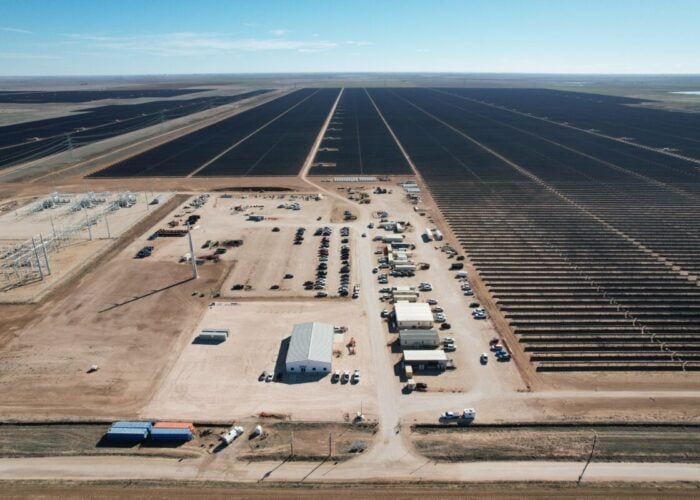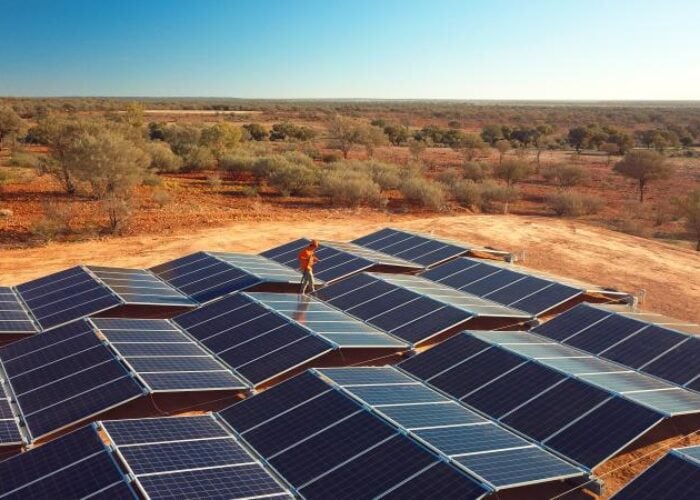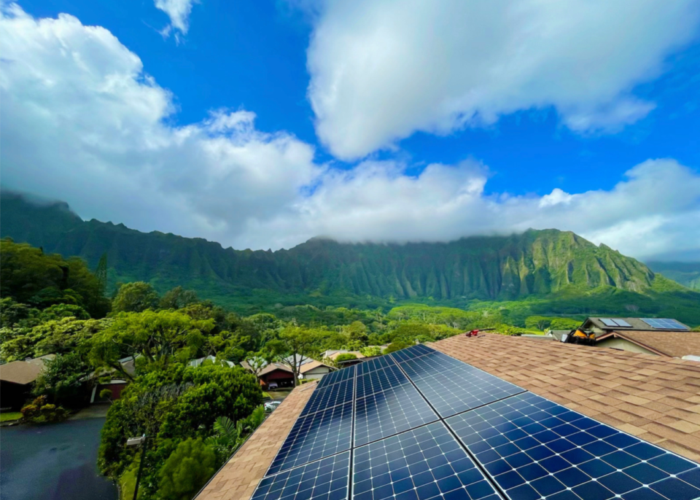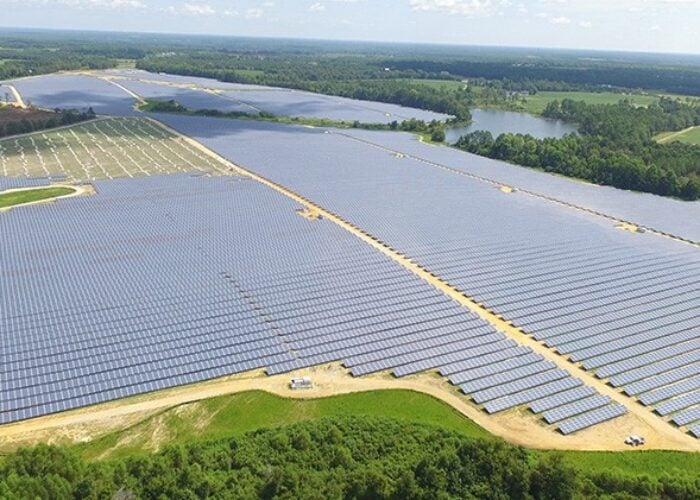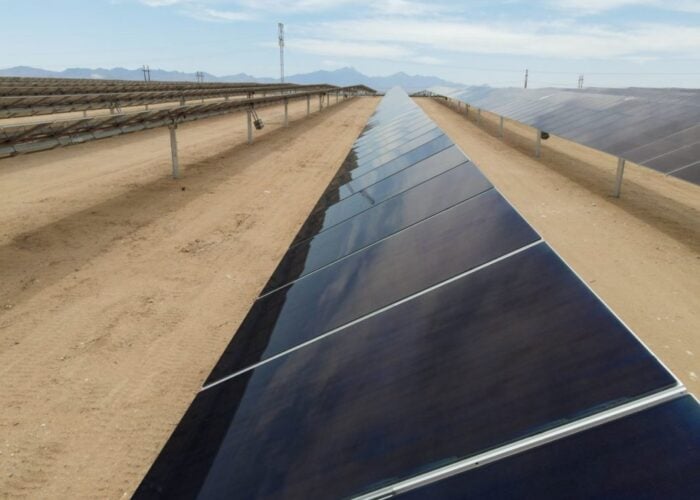
In a 2-0 ruling, the Hawaii Public Utilities Commission (PUC) rejected NextEra Energy’s US$4.3 billion bid to purchase Hawaii’s largest utility, Hawaiian Electric Industries (HECO), after finding it was not in the public interest.
In its official order, the commission said that the companies had failed to show that the merger would provide “adequate or assured” benefits to ratepayers or help the state meet its renewable energy targets.
Unlock unlimited access for 12 whole months of distinctive global analysis
Photovoltaics International is now included.
- Regular insight and analysis of the industry’s biggest developments
- In-depth interviews with the industry’s leading figures
- Unlimited digital access to the PV Tech Power journal catalogue
- Unlimited digital access to the Photovoltaics International journal catalogue
- Access to more than 1,000 technical papers
- Discounts on Solar Media’s portfolio of events, in-person and virtual
“The commission concludes that the Application both satisfies in part and fails in part to meet the applicable standards of review. Specifically, the commission finds that while NexEra is fit, willing and able to operate the HECO Companies and can potentially provide assistance with transformation of the HECO Companies, the proposed merger conditions, as filed and updated, do not provide sufficient benefits or adequately address legitimate concerns and risks directly related to the proposed transaction,” the commission said.
In particular, the regulatory body said that the US$60 million in benefits promised to ratepayers by NextEra were inadequate and uncertain; given that it was not guaranteed and Hawaiian electricity customers pay the highest rates in the US. As of April, the average rate was 27¢/kWh – in contrast to 12¢/kWh in the US.
A further reason for the decision to ultimately terminate the merger was concern over the utility devolving power and also regarding the companies’ motivation to help the state reach its goal of using 100% renewable energy by 2045. Hawaii currently generates most of its electricity by burning oil, with the move to a renewable future being particularly economical for the Islands. However, consumer groups claim NextEra’s track record of promoting rooftop solar leaves much to be desired. This in particular caused state governor David Ige to oppose the deal, purportedly saying that it failed to align with the state’s renewable energy goals in its current format. Further, environmentalists also criticised the deal – citing NextEra stalling efforts of rooftop solar in Florida and arguing that it would do the same in Hawaii.
NextEra fired back at such postulations but the commission held these assurances were “too broad and vague” and “lack enforceable mechanisms”.
“Applicants have made various assertions that reflect broad or vague commitments and entreats the Commission to ‘trust us – the benefits will be there’”, the report states.
All in all, the PUC based its decision to reject the merger on five core points including NextEra’s questionable clean energy commitments, risks to ratepayers, the revocable benefits to ratepayers, and the effect of the deal on market competition and local governance.
The decision is subject to appeal and NextEra and Hawaiian Electric said in a joint statement that they were reviewing the ruling.
Decision reception
A group of environmental, consumer and business groups collectively praised the Commission’s decision to reject the takeover. Earthjustice, Hawaii Solar Energy Association, Hawaii PV Coalition, Sierra Club of Hawaii and the Alliance for Solar Choice (TASC) all made statements on the decision.
“Instead of envisioning a 21st century grid that enables customer options like rooftop solar, NextEra wanted to double-down on its 'build more, pay more' monopoly business,” said Hajime Alabanza, executive assistant with Hawaii Solar Energy Association. “The Commission understood this isn't the right direction for Hawaii's customers.”
“NextEra made this a no brainer,” said Isaac Moriwake,a staff attorney with Earthjustice. “Outright rejection of the takeover was the only realistic option. NextEra refused to provide its plans for Hawaii, other than to give us a 'bigger HECO.' Based on its opposition to clean energy in Florida and failure to chart a different path in this state, NextEra is not what Hawaii wants or needs.”
“Utility executives need to understand that innovative technologies like rooftop solar, just like cellphones before it, are the wave of the future,” said Robert Harris, spokesperson for The Alliance for Solar Choice. “Simply selling out for a golden parachute is not a viable option for HECO executives, nor is fighting against customers trying to do the right thing for their households and the planet. Utilities need to move towards a 21st century grid that empowers customers to save money and produce cleaner power.”
The Hawaiian Public Utilities Commission's decision can be read in full here.

